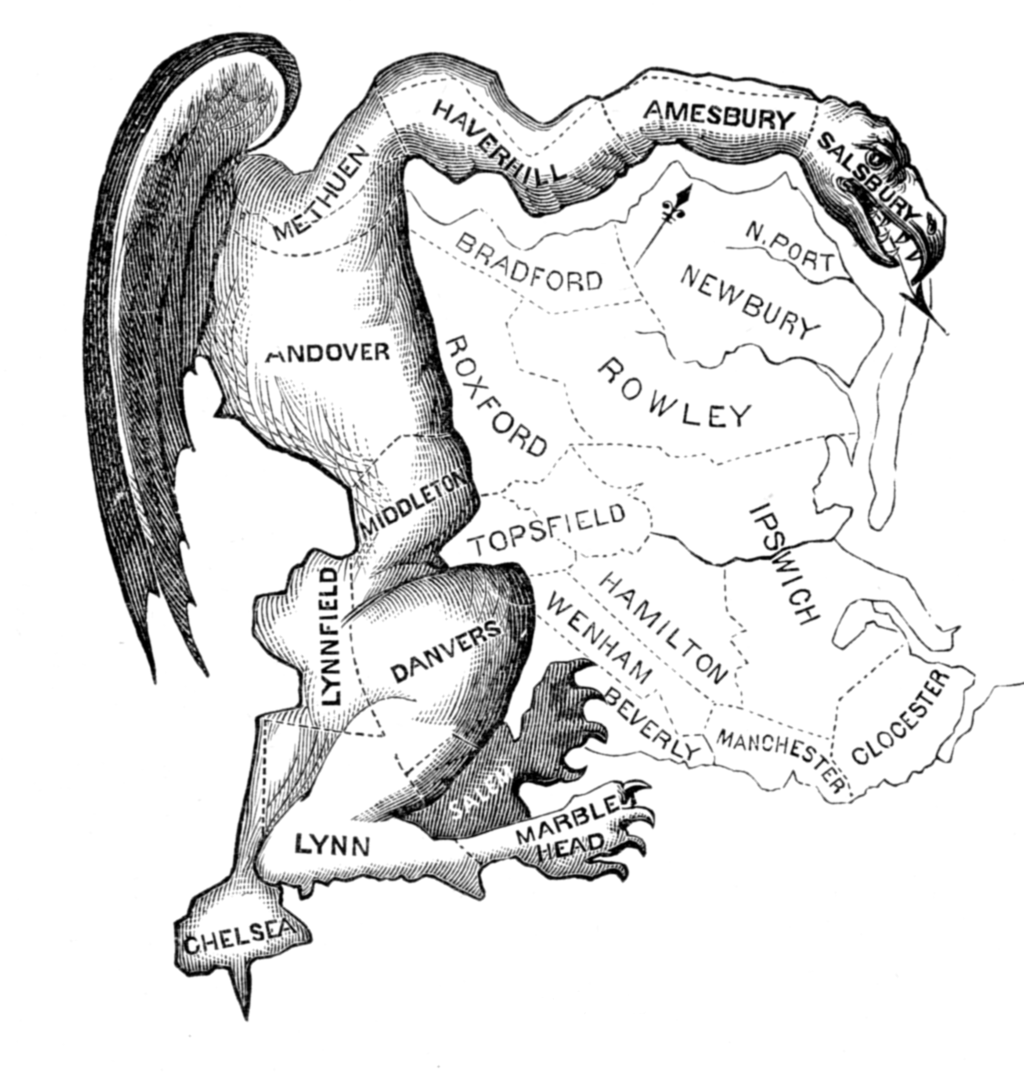In a potentially transformative decision that could hobble partisan gerrymandering and restore a degree of fairness to many legislative races, a divided federal court held on Monday that Wisconsin’s state assembly maps are unconstitutional.
The court reached this decision despite a web of Supreme Court decisions that have discouraged, if not exactly foreclosed, lower courts from striking down gerrymandered maps — a testament both to the egregiousness of Wisconsin’s maps and the creativity of the lawyers who challenged them.
Whether Monday’s decision in Whitford v. Gill will amount to more than some excited headlines followed by a sinking feeling of powerlessness, however, is likely to depend entirely on how Justice Anthony Kennedy views this case when it almost certainly reaches the Supreme Court.
Whitford asked the court to find its way through a winding path left by Kennedy in his concurring opinion in Vieth v. Jubelirer. Though Kennedy’s four most conservative colleagues called upon courts to simply give up on trying to solve partisan gerrymanders in Vieth, Kennedy kept a single light of hope burning for Americans who want to choose their own lawmakers, rather than having lawmakers choose their own voters.
Though Kennedy fretted about “the failings of the many proposed standards for measuring the burden a gerrymander imposes on representational rights” in his Vieth opinion, he added that “if workable standards do emerge to measure these burdens . . . courts should be prepared to order relief.”
See here for the background, and be sure to read the whole post for the full explanation. Basically, this ruling says that if too many of one party’s voters are packed into too few districts, the map may be illegal. That could be a “workable standard” for judging such things, by Justice Kennedy’s reasoning. If this survives SCOTUS scrutiny it could have a significant effect in states like Wisconsin, where Democrats almost literally can’t win a legislative majority. However, if this standard were to be applied to Texas, the effect would be fairly minimal. Based on 2016 results, Democrats “should” have something like 62 or 63 seats in the State House. They actually have 55, with one race pending a recount though unlikely to change. The difference isn’t nothing, but it would be a few seats less if we were considering off-year elections, and in practical terms it wouldn’t change much. Be that as it may, this is worth watching if only to see if SCOTUS updates the standard it set in Vieth v. Jubelirer. A statement from the Campaign Legal Center, which represented the plaintiffs, is here, and Rick Hasen has more.


This is a start in the right direction.
Can districts be drawn mathematically? I remember reading an article about 25 years ago about a guy who created a formula to allow a constant shape to cover an irregular object. He did it in response to hearing the heat shield tiles on the space shuttle had to be handcrafted rather than mass produced due to the curves on the shuttle.
You can skew the map of a state based on population, create a voting district of a constant shape and then run this forumula to cover the map with that shape so that each district has x thousands of people in it. Start at the center of each city and work out from there. Kuff, are you aware of any mathematical formula that does this? I believe I read it in a discover magazine.
How can any honest person look at TX-10, 21, & 31 and see anything other than a partisan gerrymander?
We are way past due for taking this away from biased legislators and giving it to politically neutral committees.
The ruling validated the ‘efficiency gap’ calculation used by the plaintiffs, so there is now a workable standard. There is no good reason this ruling shouldn’t survive.
Arizona has a non-partisan districting commission which successfully beat back a Arizona GOP state legislature lawsuit and won their case in the US Supreme Court.
That would be a great model for starts.